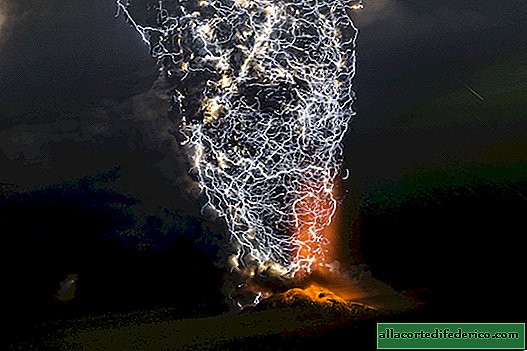Insidious neighbors: Jupiter and Venus provoke global catastrophes on Earth
Venus and Jupiter, our neighbors in the solar system, have a significant impact on the Earth, which leads to a change in its orbit and provokes global natural disasters. Such statements were recently made by American researchers who analyzed the history of our planet over the past 215 million years.

It turns out that Venus, which is our closest neighbor, as well as Jupiter, the largest planet in the solar system with a mass of more than 300 times the Earth, could cause large-scale climatic disasters on our planet. Extinction of entire groups of plants, dinosaurs and large mammals, most likely, occurred under the influence of external alien factors. According to scientists from the University of Rutgers (USA), Venus and Jupiter, or rather their gravitational fields, cause periodic changes in the Earth's orbit. During each cycle, which lasts about 405,000 years, the Earth’s orbit is extended and returned to its original position.

According to experts, an increase in eccentricity (deviation of the planet’s orbit from the ideal circle), in turn, could be the cause of the inversion of magnetic fields, that is, a change in their directions. According to geological studies, the change of magnetic poles in the history of our planet has occurred repeatedly. At the same time, a number of researchers believe that during the pole change, when the Earth was most vulnerable to cosmic radiation, catastrophic changes occurred on the planet that affected the development of flora and fauna.

Large-scale extinctions of widespread plant groups or the extinction of flourishing animal species have been repeatedly recorded in the geological past of the Earth. And now, scientists from Rutgers University, who have analyzed climate change and the extinction of wildlife for the past 215 million years, are sure that this happened under the influence of the gravitational fields of the giant Jupiter and Venus.

















